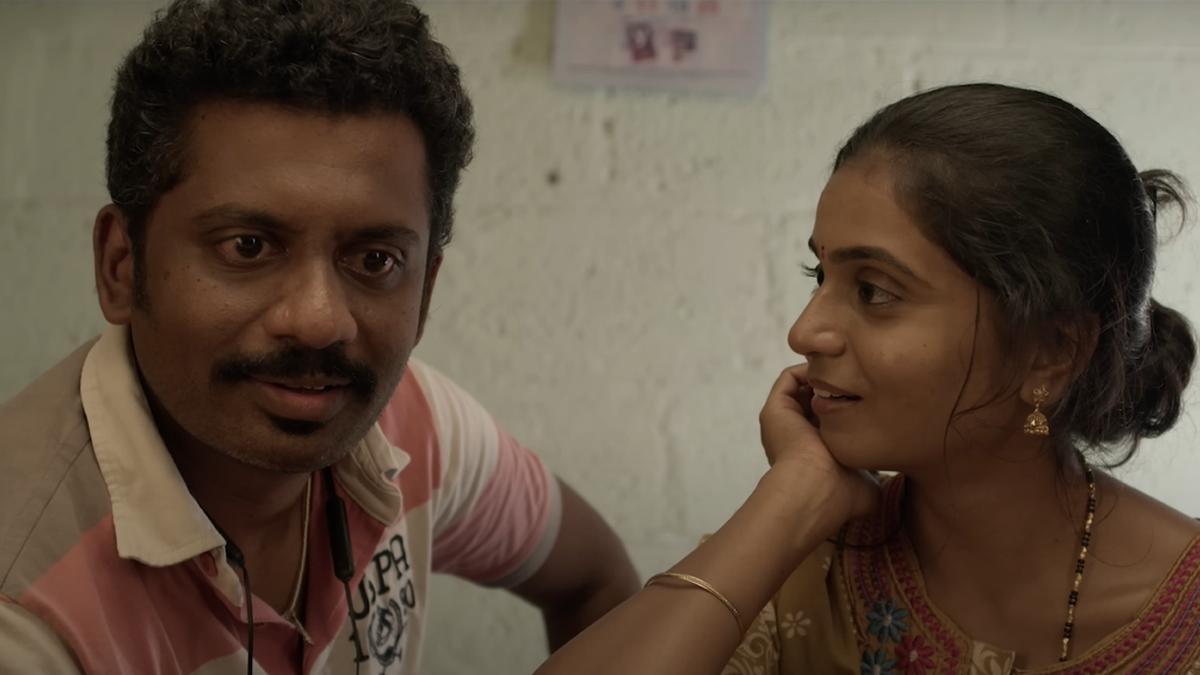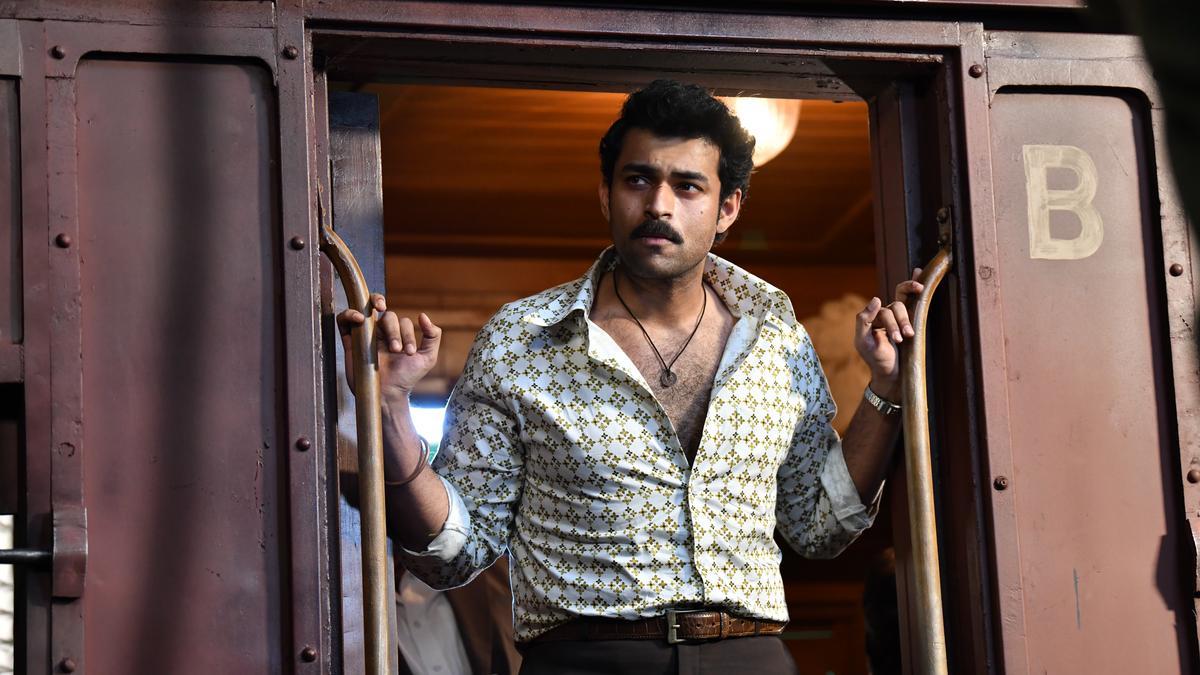
In an era where motion pictures have evolved to become a dominant form of storytelling and cultural expression, few directors have achieved the kind of artistic reverence bestowed upon the legendary Peter Weir. His journey through the realm of cinema has been marked by an eclectic range of films that resonate deeply with both audiences and critics alike. However, the time has come to lower the curtain on this illustrious career, as Weir officially announces his retirement from filmmaking.
Known for his contribution to the cinematic canon with masterpieces such as “The Truman Show” and “Dead Poets Society,” Weir’s unique ability to intertwine profound narratives with compelling visual aesthetics has left an indelible impact on the industry. His works, often characterized by the exploration of human spirit against diverse backdrops, have garnered international acclaim and a dedicated fan following.
Despite the clamoring of fans for Weir to orchestrate a triumphant return, possibly with a sequel to his nautical epic “Master and Commander,” the 79-year-old Australian director has drawn a definitive line in the sand. The shuttering of his directorial lens comes as a confirmation to many who have awaited news of his next project after a conspicuous silence spanning more than a decade.
Remarkably, the announcement came not in the form of a press release or through social media channels, but rather, amidst the reflective ambiance of the Festival de la Cinémathèque in Paris. Engaging with the audience, Weir addressed the curious inquiries about his prolonged absence from the silver screen since his last feature film, “The Way Back,” released in 2010. “I am retired,” Weir candidly affirmed. The simplicity of his words, “Why did I stop cinema? Because, quite simply, I have no more energy,” conveys not only his decision but also an honest introspection that is characteristic of the director.
Weir’s decision to withdraw his artistic hand from the world of film brings to a finale the quiet speculation surrounding his career, particularly after his departure from the film adaptation of “Shantaram,” where creative differences led him to step away from directing Johnny Depp in the lead role. In the time since, while the industry underwent massive transformations and the digital age of cinema took full flight, Weir’s absence remained a lingering question among cinephiles and professionals alike.
Peter Weir’s exit from the industry underscores the end of an era characterized by visionary directors who made movies not just for entertainment but as a vehicle for profound commentary on life and society. Weir’s filmography is a testament to his penchant for unconventional storylines, innovative use of music, and bold thematic exploration, which often placed him at odds with the trends of mainstream cinema.
From his early Australian works like the mysterious “Picnic at Hanging Rock” to Hollywood features that showcased his deft handling of historical dramas, whimsical comedies, and psychological thrillers, Weir consistently proved his versatility. His ability to elicit brilliant performances from actors and to conjure up visual spectacles with a deep emotional core won him multiple accolades, including several Academy Award nominations.
It is through these varied and vibrant narratives that Weir has invited us to ponder the meaning of freedom (“The Truman Show”), the depths of human endurance (“The Way Back”), and the role that mentors play in shaping our lives (“Dead Poets Society”). In Weir’s cinematic universe, there was always more beneath the surface, an invitation to delve deeper into the human condition.
As Weir steps back, his legacy remains intact, an oeuvre that aspiring filmmakers will study and fans will continue to admire. His films, now a part of the very fabric of English cinema, are left for posterity to enjoy and interpret. What becomes clear is that while Peter Weir may have relinquished his directorial duties, his artistry will forever be captured on film, speaking the universal language of storytelling that transcends time and bonds us all in the shared experience of cinema.










